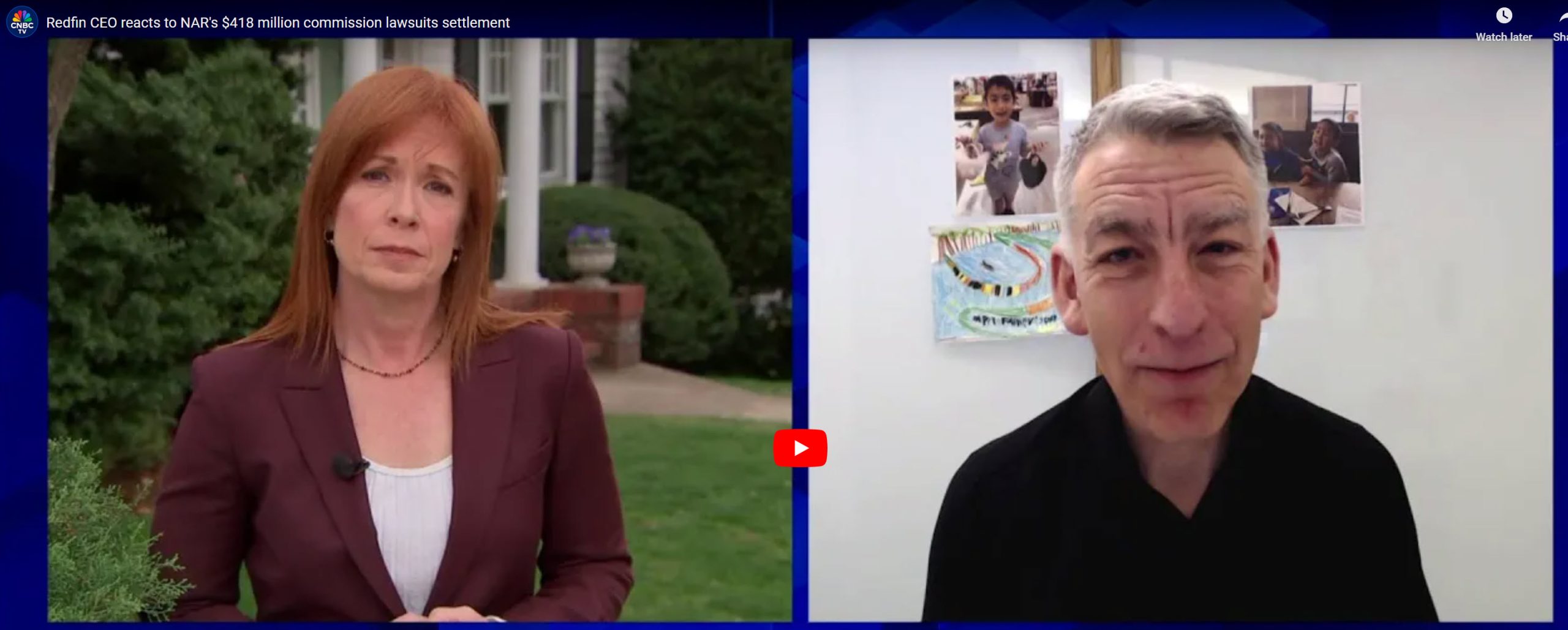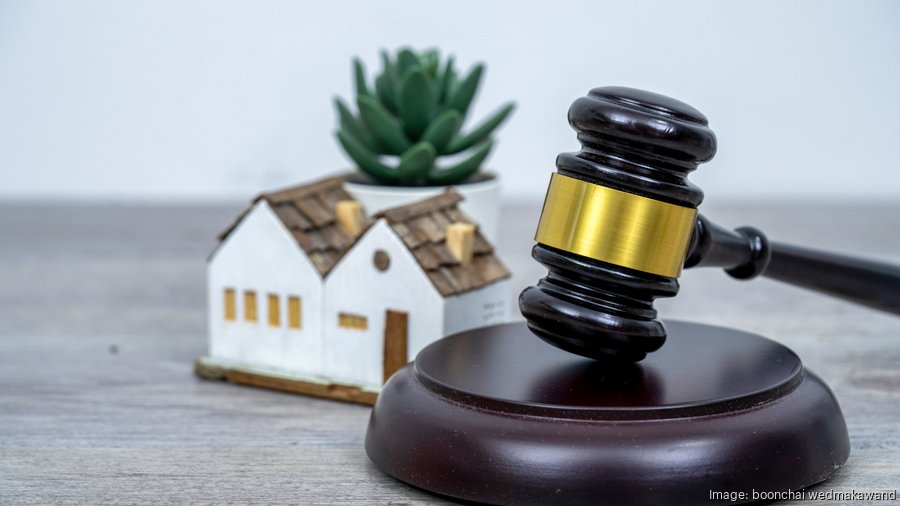Embarking on the journey to homeownership is an exciting milestone, yet it requires meticulous financial…
VIDEO: What’s the Point of Mortgage Insurance?
Here’s an overview of how mortgage insurance works and why it’s useful.
Need a Home Loan? Apply Today
Have a Real Estate or Mortgage Question? Contact Us
Mortgage insurance is an insurance policy that you, the consumer, pay for on your loan to help your lender cover costs if you default or foreclose on your home. Most people hear that and think, “Well, I’ll never default on my loan, so why do I have to pay this?”
That’s a reasonable question, but consider this: If you put less than 20% down on a home, you—from a purely statistical standpoint—pose a greater risk to your mortgage lender of not being able to fulfill financial obligations. Therefore, to offset this risk, lenders require this type of insurance.
Generally, there are two types of mortgage insurance people use: borrower-paid mortgage insurance (BPMI), where every month a piece of your mortgage payment goes toward that coverage, and lender-paid mortgage insurance (LPMI). The latter sounds good on the surface, but be aware that they usually bump your interest rate to cover that cost.
“
If you put less than 20% down on a home,
you pose a greater risk to your mortgage lender.
”
A lot of people believe that mortgage insurance doesn’t do them any good, but that’s not the case; it allows the lender to take on a little more risk in approving loans, which means that they can finance buyers who would otherwise see a 20% down payment as a barrier to their homeownership dreams.
If you have questions about this or any other mortgage-related topic, feel free to reach out to me via phone or email. I’m always here to help.


